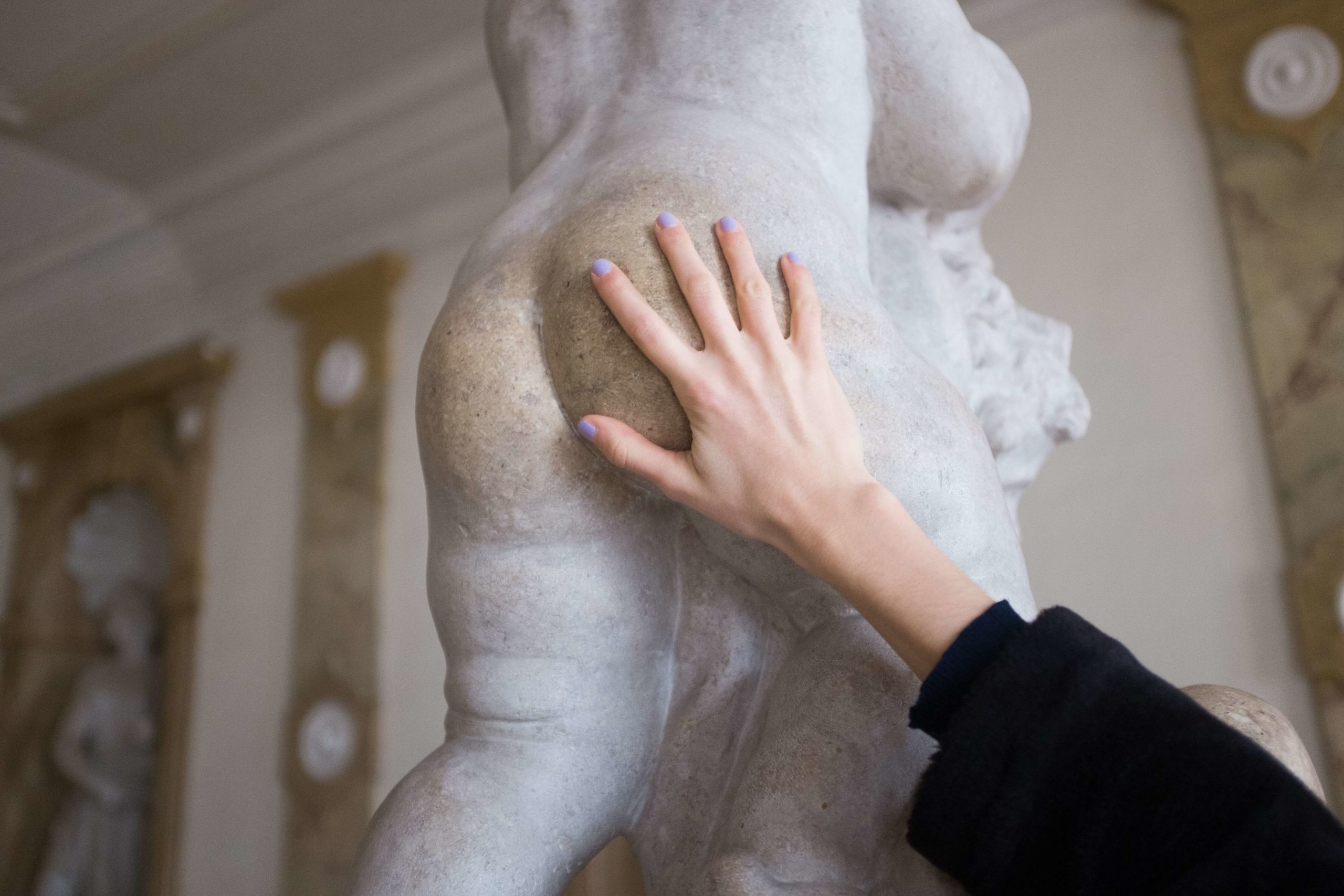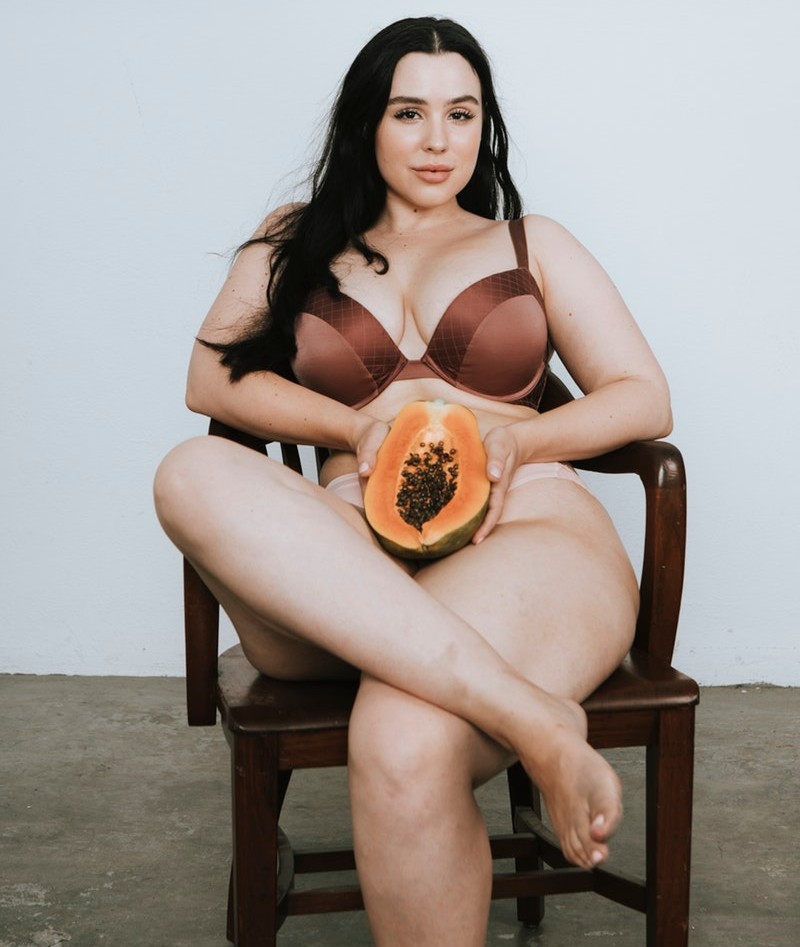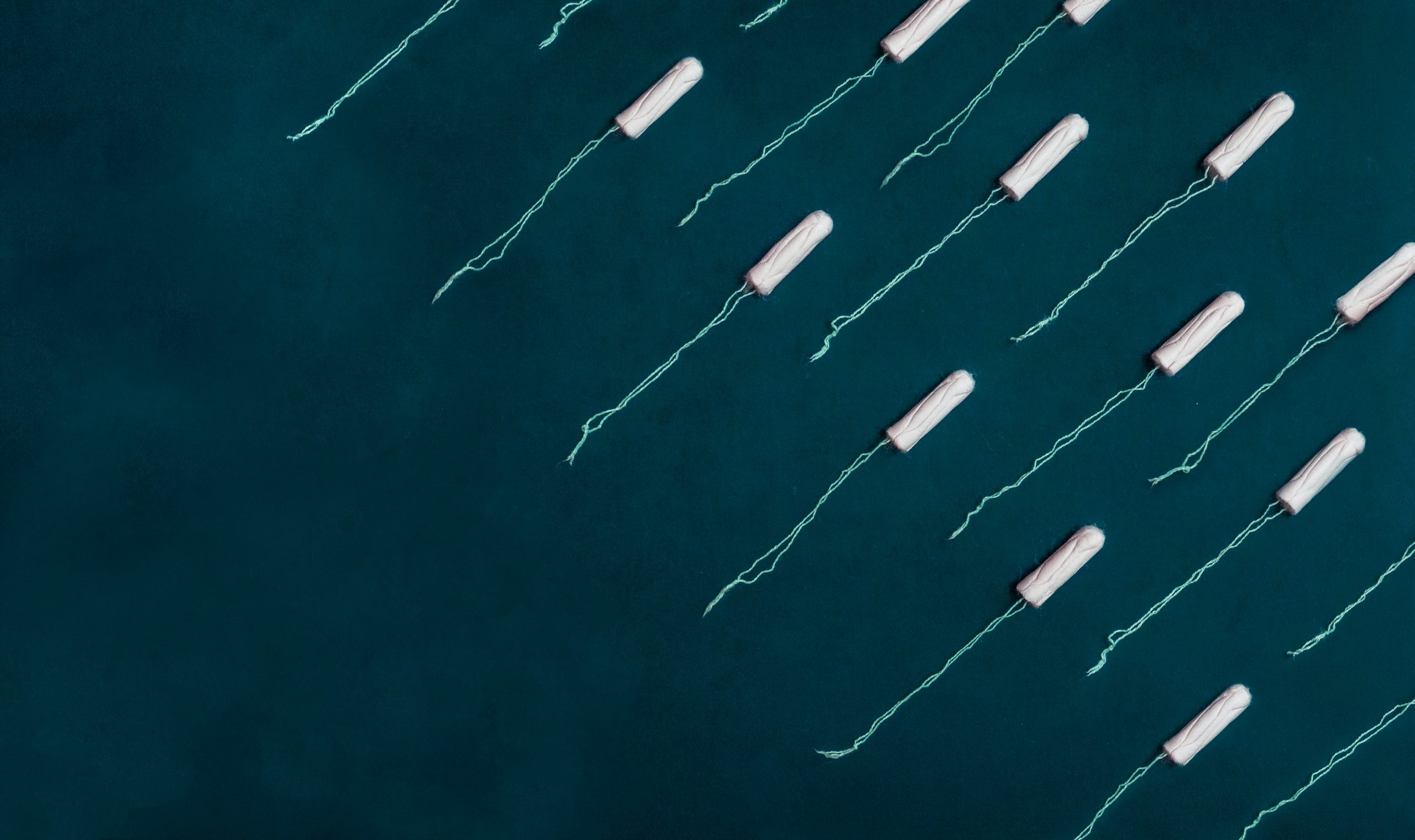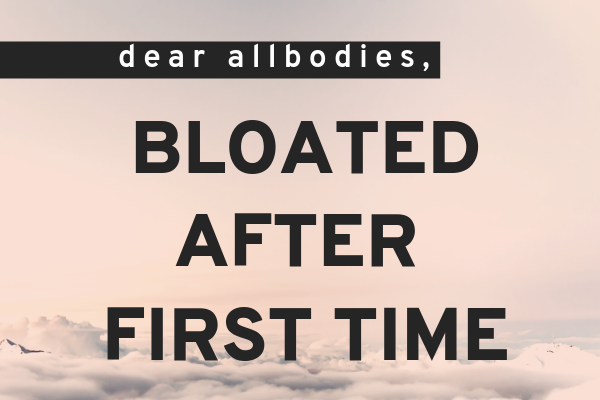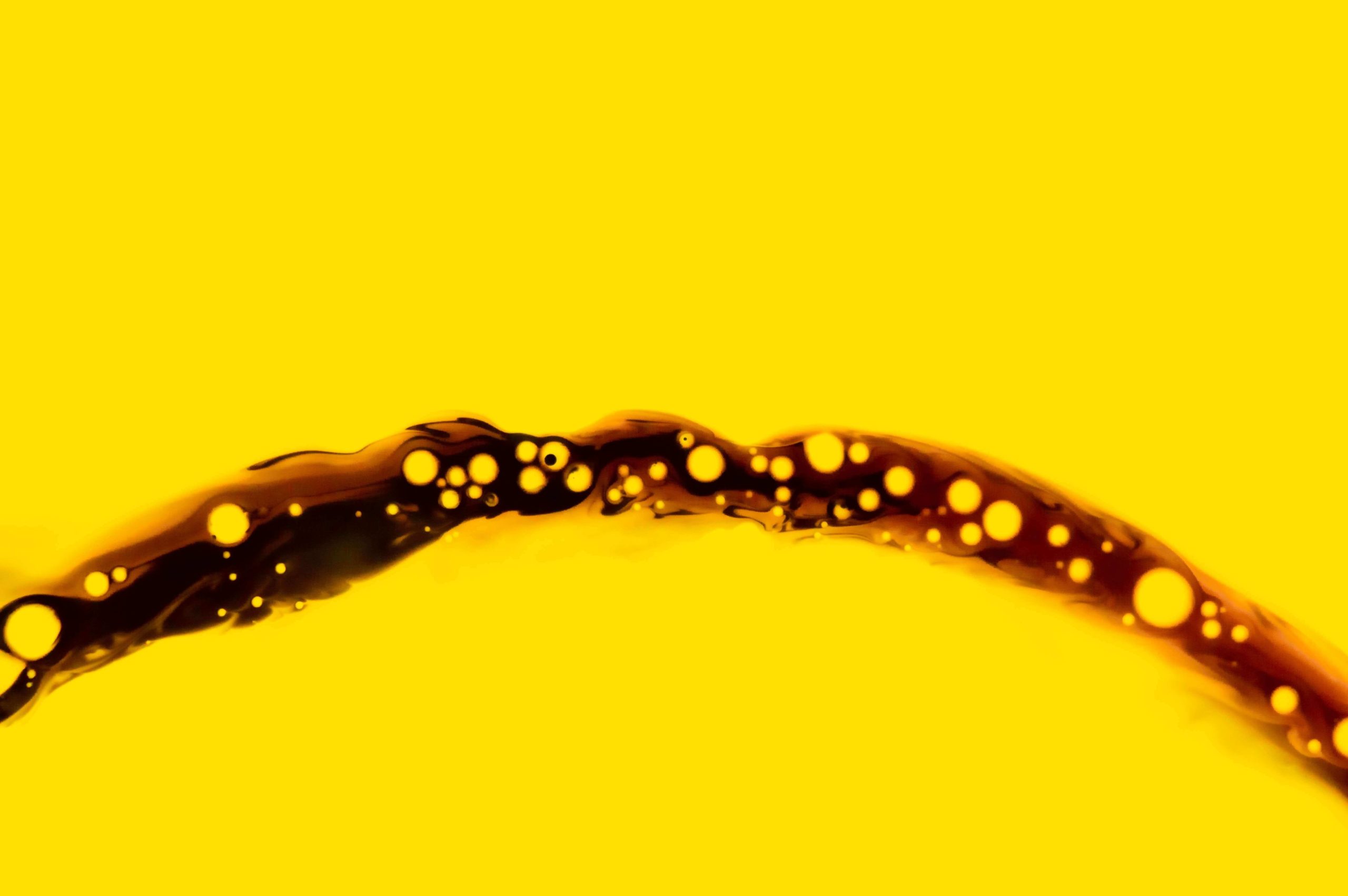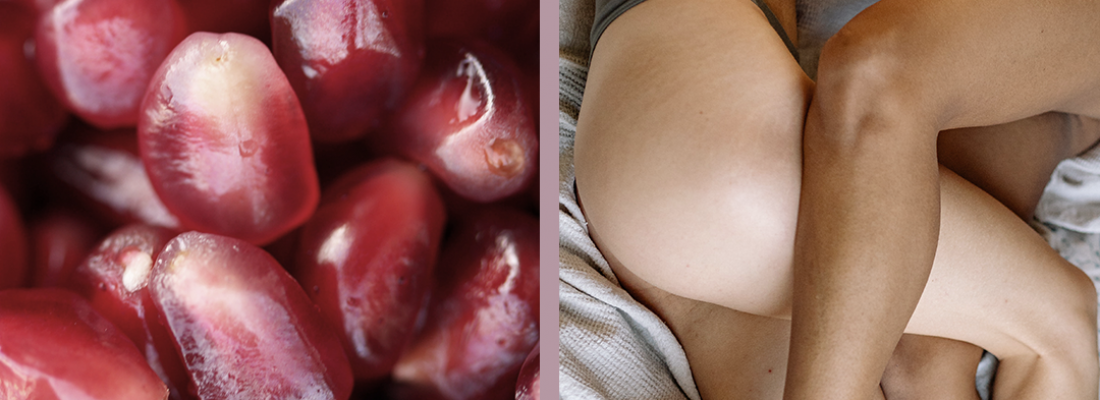
Does sunlight affect your period?

Alexius Shea and Martha Michaud
Allbodies Authors
Bought to your in partnership with Flex
If Have You Ever Thought That The Sunshine Affected Your Period? That Your Menstrual Cycle Seems Shorter In The Summer And That Grey Days Made Those Cramps Worse? But Is This Just A Feeling, Or Does The Weather Actually Impact Our Cycle? We Dig In To Find Out...
So, what's the answer?
The short answer is that while more research is needed, it does seem that, yes, the weather, and more specifically, the amount of sunlight you are exposed to, may actually affect the menstrual cycle. :Mind blown: Now, this doesn’t mean you get to stop taking care of yourself and instead blame those heavy winds for your menstrual woes. The menstrual cycle is a complicated and delicate hormonal orchestra, so other factors like lifestyle, stress, genetics and diet still play a huge role. But it is certainly interesting to include the weather in the overall equation.
Now before we get into the deets, quick reminder about the menstrual cycle. When it comes to our cycles, the fluctuations and ratios of our hormones- mainly Estrogen, Progesterone, FSH (follicle stimulating hormone), LH (luteinizing hormone) and Testosterone– are boss. So, if our hormones are messed with, so are our overall cycles.
Does Vitamin D Affect Your Period?
You may be thinking to yourself: Hmmmm is it the vitamin D we get from sunlight that makes the sun have an impact on our cycles? Great line of thinking! One study did indeed find that lower levels of vitamin D were associated with a longer follicular phase and an overall longer menstrual cycle (1).
How Else Does Sunlight Affect Your Cycle?
When scientists at the Institute of Internal Medicine in Russia, studied the effects of sunshine on the menstrual cycle, they found that in the summer vs. winter, there was a trend towards increased FSH secretion. They also found significantly larger ovarian follicle size (thanks to that extra FSH), higher frequency of ovulation, and a shorter menstrual cycle. In all seasons combined, increased sunshine 2-3 days before the presumed ovulation day, led to a shorter cycle length overall (2). Air/perceived temperature, atmospheric pressure, moon phase/light were not significant predictors (2).
While it would be awesome to say, “Hey, more sun = shorter cycles! Everyone move to Florida!” we just don’t have enough research to make a definitive statement like that yet. But, while the jury is still out on how much the sun directly affects our cycles, the sun definitely does impact our lifestyles. And our lifestyles do greatly impact our cycles.
Lifestyle Factors to Consider
Working Out During Your Period
Does the weather affect how often you work out? Do you work out more when it’s warm outside? Both too much exercise and too little exercise can affect your hormone levels and throw your cycle phases out of whack. Also, when you work out less, you may experience more period pain. A meta-analysis of studies about working out and period pains concluded that exercise can reduce period pain compared to not doing anything at all (3). So, if the grey winter days have meant less movement, this could explain some of those cramps!
Not keen on working out on your period because the heat makes ya more prone to infection or the cold makes ya not wanna deal with changing your tampon? We get it. We love FLEX’s menstrual cup for this because it was designed specifically with active people in mind. It can be worn up to 12 hours and, once in place, it can’t be felt, so you can work out at your most comfy. Plus, it doesn’t change the vaginal pH (which can increase your chance of infection) like other period products do. Oh and one more cool thing, FLEX also makes a disposable menstrual disc that warms and forms to your body to create a custom seal that prevents leaks during exercise, sleep and sex- no matter the weather, so put on happy face! (hehe, couldn’t help ourselves)
What Your Eat
Do you eat different foods in the winter vs. summer? Both weight changes and nutrient intake matter when it comes to your cycle. The length of your different phases, whether you ovulate or not, how much you bleed, and the frequency of your cycle can all be affected. Plus, it has been suggested that diets high in alcohol, caffeine, inflammatory sugars and animal fats, and salt can boost those PMS symptoms (4,5).
Orgasms
When the sun is out, do you get off less? Having an orgasm can help with cramps and may even make your bleeding phase shorter and less heavy(6). How you ask? Well, orgasm can trigger the release of endorphins and oxytocin. And guess what? Endorphins can reduce pain perception. (7) Oxytocin causes the uterus to contract – and while there aren’t enough studies out there on this yet – it is thought that these contractions may potentially allow for your uterine lining to shed quicker. Worried about the mess? More on period sex here!
Sleep
Do you sleep more when the sun goes down earlier? If you find your sleep habits change during the seasons, it might be useful for you to know that your sleep patterns can affect your menstrual cycle! A study from Sleep Medicine found that people who had irregular work hours which disrupted their natural 24 hour sleep-wake cycle (called a circadian cycle) were more likely to have irregular and longer menstrual cycles compared to non-shift workers (8). And, research presented at SLEEP 2008, the 22nd Annual Meeting of the Associated Professional Sleep Societies (APSS), showed that people with certain sleep syndromes that disrupts the typical 24 hours sleep pattern are more likely to report irregular menstrual cycles and premenstrual symptoms (9). So remember to pay attention to your sleeping pattern!
Stress and Mental Health
Do you find the lack of sun affects your mental health? There’s really something to seasonal depression! During the winter, many are exposed to less sunshine thanks to shorter days and less time outdoors. Sunlight triggers a hormone called serotonin. This hormone is linked to boosting your mood and helping you feel focused and calm (10). Less sunlight can mean less serotonin which can make you feel depressed. And depression can impact your menstrual cycle. Studies have found that when you’re depressed, there’s an increase in the stress hormone cortisol. This hormone affects the hypothalamus, a small region in the brain crucial to hormone regulation. If the hypothalamus is disrupted from sending signals to the ovaries, ovulation (11) can be stopped or delayed- which, as you now know, affects your whole cycle. Other mental health issues have also been shown to impact menstrual health. One study demonstrated that people with anxiety disorders are more likely to have a shorter cycle (12), while another study showed that high levels of long term stress can cause irregular periods (13). So check in with your cycle and how your stress and mental health may be affecting it throughout the seasons
The list of lifestyle factors that the weather affects could go on and on (are you sick more often in the Winter? Do you work a seasonal job?). And while it isn’t directly the sun causing these changes- it also, kinda is! So what can you do to better support your body through the changing temps?
Pretty good food for thought, huh?
All content found on this Website, including: text, images, audio, or other formats, was created for informational purposes only. The Content is not intended to be a substitute for professional medical advice, diagnosis, or treatment. Always seek the advice of your physician or other qualified health provider with any questions you may have regarding a medical condition
1. Jukic, Anne Marie Z, Allen J Wilcox, D Robert McConnaughey, Clarice R Weinberg, and Anne Z Steiner. “25-Hydroxyvitamin D and Long Menstrual Cycles in a Prospective Cohort Study.” Epidemiology (Cambridge, Mass.). U.S. National Library of Medicine, May 2018. https://www.ncbi.nlm.nih.gov/pmc/articles/PMC5882585/.
2. Danilenko, Konstantin V, Oksana Y Sergeeva, and Evgeniy G Verevkin. “Menstrual Cycles Are Influenced by Sunshine.” Gynecological endocrinology : the official journal of the International Society of Gynecological Endocrinology. U.S. National Library of Medicine, September 2011. https://www.ncbi.nlm.nih.gov/pubmed/20937003/.
3. “Exercise for Dysmenorrhoea.” Exercise for dysmenorrhoea. Accessed November 15, 2019. https://www.cochrane.org/CD004142/MENSTR_exercise-dysmenorrhoea.
4. Ferguson, Sian. “What to Eat During Your Period: Fish, Leafy Greens, Yogurt, and More.” Healthline. Healthline Media, July 16, 2019. https://www.healthline.com/health/womens-health/what-to-eat-during-period#cravings-explained.
5. The Royal Women’s Hospital. “Exercise, Diet & Periods.” The Royal Women’s Hospital. Accessed November 16, 2019. https://www.thewomens.org.au/health-information/periods/healthy-periods/exercise-diet-periods.
6. Parenthood, Planned. “What Can I Do to Relieve Cramps & PMS?: Facts & Information.” Planned Parenthood. Accessed November 5, 2019. https://www.plannedparenthood.org/learn/health-and-wellness/menstruation/what-can-i-do-about-cramps-and-pms.
7. The Healthline Editorial Team and Erica Cirino. “Menstrual Cramp Home Remedies for Natural Relief.” Healthline. Healthline Media, March 8, 2019. Accessed November 5th, 2019. https://www.healthline.com/health/womens-health/menstrual-cramp-remedies.
8. Baker, Fiona C., and Helen S. Driver. “Circadian Rhythms, Sleep, and the Menstrual Cycle.” Sleep Medicine. Elsevier, March 26, 2007. https://www.sciencedirect.com/science/article/abs/pii/S1389945706006216?via=ihub.
9. “Delayed Sleep Phase Syndrome Linked To Irregular Menstrual Cycles, Premenstrual Symptoms In Women.” ScienceDaily. ScienceDaily, June 13, 2008. https://www.sciencedaily.com/releases/2008/06/080610072156.htm.
10. Nall, Rachel. “What Are the Benefits of Sunlight?” Healthline. Healthline Media, April 1, 2019. https://www.healthline.com/health/depression/benefits-sunlight#mental-health.
11. Schimelpfening, Nancy. “How Your Emotional Health Can Affect Your Menstrual Cycle.” Verywell Mind. Verywell Mind, November 6, 2019. https://www.verywellmind.com/can-depression-make-your-period-late-1066767.
12. “Reproductive Health and Mental Health.” womenshealth.gov, August 28, 2018. https://www.womenshealth.gov/mental-health/living-mental-health-condition/reproductive-health-and-mental-health#9.
13. Yamamoto, K., Okazaki, A., Sakamoto, Y., Funatsu, M. (2009). The relationship between premenstrual symptoms, menstrual pain, irregular menstrual cycles, and psychosocial stress among Japanese college students. Journal of Physiological Anthropology; 28(3): 129–136.
